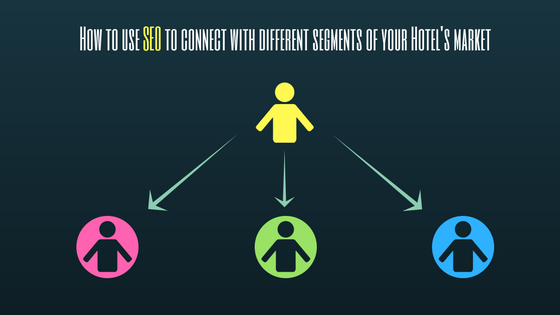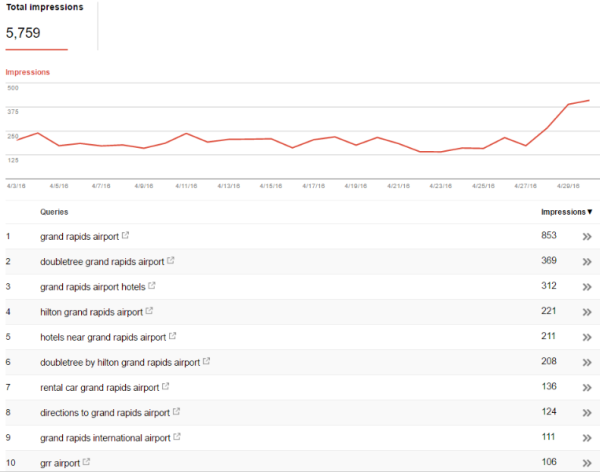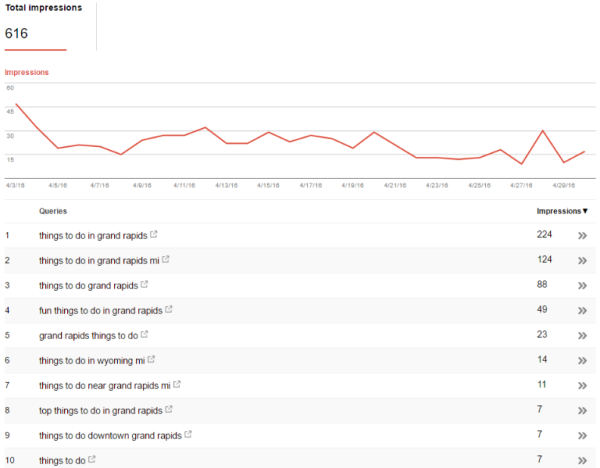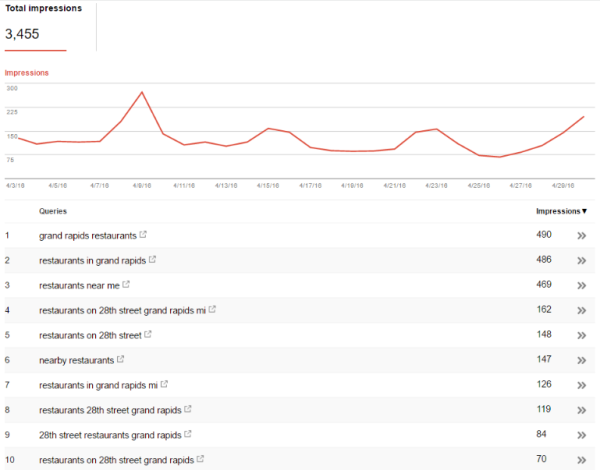Your website’s main priority is to convert customers and allow them to easily book rooms at your hotel. All good so far, but remember that there are not two identical human beings. Not all of them are convinced and satisfied in the same way. Every client has different needs and you need to be able to find those needs and be prepared to satisfy them accordingly.
That means you need to create unique content for every category of your clients, some of them might be converted into short but bold ideas and some might be converted with large blocks of detailed text that can give the first category headaches instead of motivating them to pay you. You can use SEO to get your potential clients and visitors to the certain areas of your site that you want them to see.
Most probably you already have an avatar or persona, you know who your clients are, your main target. If not then you should create one. Having an avatar is very important, everything comes down to knowing your audience, know all there is to be known about them and after doing that you will be able to speak in their language.
Maybe your hotel is located in northern Scandinavia and the main attraction around is the aurora borealis also known as the northern lights. In that case, SEO can help you get listed higher on listings regarding aurora borealis. Your content can offer information about the nature’s wonder, what are the best spots to see it, what time should people go to see it, what is the meaning behind it and so on.
SEO and Marketing Segments: How do these work together?
Segments are nothing new and your hotel marketing team knows their customer profile like the back of their hands. Let’s get to the SEO layer of segment targeting that can help you climb the search engine results pages all of your different customers are viewing when shopping for rooms in your market.
The DoubleTree Grand Rapids Airport is a hotel with a diverse customer base and perfect to use as an example. First and foremost, as the name suggests, the hotel often sleeps guests traveling on business or that are in need of overnight lodging for an early morning layover.
The hotel is close to the airport, but it is not far from the city itself (9 miles to be exact). However, there are other options in the immediate metro area competing with the DoubleTree for tourists looking for a Grand Rapids vacation. It is worth creating content about the Grand Rapids local area to obtain some of the market visiting the city for leisure in addition to those traveling on business. Here is where it gets interesting: the DoubleTree is home to a very popular Grand Rapids restaurant called Ganders. Grand Rapids locals and travelers alike love Ganders, and search for the restaurant frequently.
The DoubleTree has the unique opportunity to attract Ganders customers as well as those searching for general dining in Grand Rapids and attempt to convert them into hotel guests.
Connecting to Segments with a Diverse Keyword Strategy
Let’s break this down from an SEO perspective. Resources such as Google Webmaster Tools can help us research the search query behavior of each of these segments. The example below is a screenshot of the search query data found from Google for each individual segment.
The hotel wants to compete for keywords that each of these three customer bases are searching:
Airport Segment
The hotel name includes the term “airport” already, but we can reinforce this with the appropriate headers and meta titles to tell Google this property truly is an airport hotel. Consider the behavior of a business traveler seeking a room in Grand Rapids. They are likely not interested in local tourist attractions or places to explore, but they do want to know how to get to the conference space or which limousine service is closest to the airport or is the cheapest available option.
Using the filtering function of Search Analytics in Google Webmaster Tools, we can view the top airport related keywords that generated impressions for the hotel’s site.
Search Analytics allows you to filter specific keywords, adjust the search type, and adjust the desired time period. The results in the above screenshot are filtered to display all searches within the last 28 days containing “airport” that generated impressions.
Here we can see that “grand rapids airport” generated the largest number of impressions, but let’s take a look out which results will be most appropriate for our hotel page. Queries like “grand rapids airport,” “grand rapids international airport,” and “rental car grand rapids airport” have high impression value, but searchers that use these queries may be looking for general airport information. Queries like “hotels near grand rapids airport” or “grand rapids airport hotels are more relevant.
Over time, we can view this information and observe the keyword phrases that maintain impression strength and that are directly related to airport hotels, and consider these options when writing content and target phrases for the hotel’s airport customer segment.
Grand Rapids Tourist Segment
For Grand Rapids travelers who are looking for fun attractions, museums, or local watering holes, A host of landing pages that outline the top restaurants or map out the local brewery landscape can go a long way when paired with the right target keywords that these searchers are using.
The site currently has a Things to Do page that outlines Grand Rapids’ events, local attractions, and destinations that the hotel’s tourist market would be interested in researching.
Google Webmaster Tools shows us the top impression-generating phrases that include “things to do” that have pointed to the hotel’s site over the last 28 days. For this particular landing page, a query that does not include the term “hotel” is appropriate, as the page content is exclusively about the local area attractions in Grand Rapids.
Again, constant monitoring of keyword impressions will help fine-tune the keyword strategy for this page over time.
Ganders Segment
Thanks to the popularity of the on-property – restaurant, search volumes for Ganders are already high.
It is reasonable to believe that searchers looking for “ganders” are already planning on dining there, and may just be looking for menus, reservations, or other information.
Therefore, Ganders-specific searches are pointing directly to the DoubleTree landing page. We can use SEO to attract and convert searchers looking for dining options in the area to Gander’s customers by directing those searchers to the Gander’s landing page. he restaurant’s landing page ranks for keywords such as, “restaurants in grand rapids” or “grand rapids dining.”
With constant monitoring of query volumes for restaurants in the in area, the website can target Gander’s customers in hope of converting them into hotel customers.
SEO is not everything
As digital marketers know, SEO is a complement to the overall marketing strategy. Taking the time to study your market segments will help you use SEO to rank for searches made by every corner of your customer base.
Traditional marketing and SEO can work together to strengthen your hotel’s digital marketing campaign, and ensure all of your customers get exactly what they need from your website with ease.
SEO can help you attract your seasonal customers, your wedding customers, and your event-goers. Having a diverse keyword strategy can generate impressions for all of your niche landing pages and take your marketing strategy to the next level.






